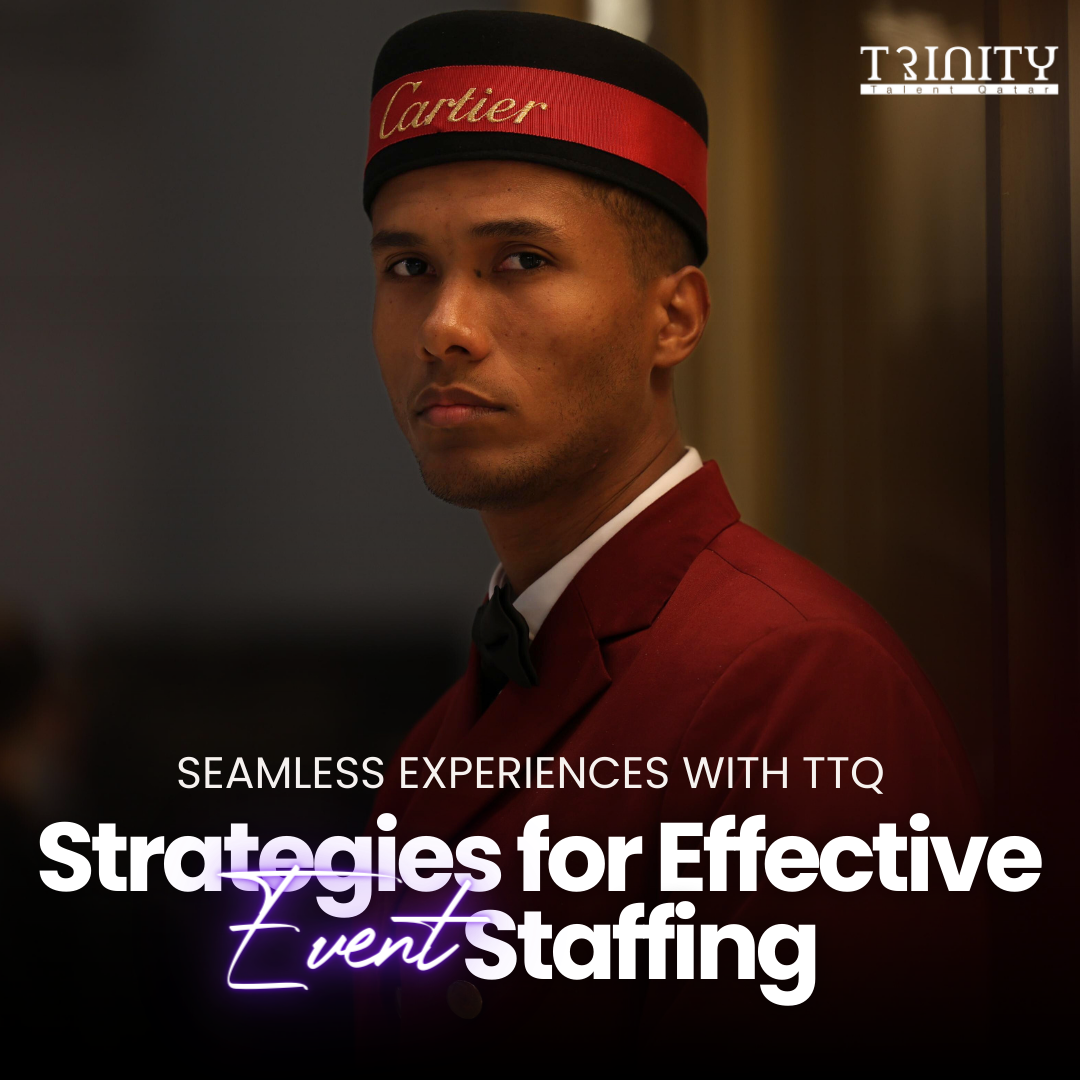The event industry is witnessing significant transformations fueled by technological advancements and evolving consumer preferences. From augmented reality (AR) and virtual reality (VR) to hybrid events, the landscape is rapidly changing.

Despite these shifts, the event industry is projected to grow at a compound annual growth rate (CAGR) of 6.4% until 2032. Here are eight emerging trends in the event industry for 2024 and beyond.
1. The Rise of Hybrid Events
The demand for hybrid events, which blend virtual and in-person experiences, has surged by 309% over the past five years. Event organizers increasingly incorporate virtual elements into their physical events, recognizing the flexibility and reach these platforms provide. Hybrid events combine the engagement of in-person interactions with the accessibility of virtual participation.
For example, Event Tech Live offers a mix of virtual talks and live events, while the World Travel & Tourism Council’s Global Summit emphasizes in-person attendance with online content availability. This trend is expected to grow, with 97% of industry professionals anticipating an increase in hybrid events.
2. Events as Powerful PR Tools
Corporate events are evolving from revenue sources to potent marketing tools. Online events, with their capacity for unlimited virtual attendance, are becoming essential for mass communication, akin to public relations efforts.
Consequently, 80% of organizers now offer free registration to attract a broader audience. While this approach reduces direct ticket revenue, sponsorship opportunities can offset the loss. Platforms like Bizzabo facilitate virtual event sponsorships by offering user-friendly sponsor profiles and valuable data to secure partnerships.
3. Year-Round Event Cycles
The rise of smaller virtual events has enabled companies to host more frequent gatherings, extending engagement beyond a single annual event.
For instance, Webit, a tech and innovation festival, has transitioned to a global virtual platform, hosting 12 events monthly and reaching 250,000 attendees. Event platforms like Pathable now offer year-round content and community features, reflecting the trend toward continuous engagement and blurring the lines between individual events.
4. Professional Development Through Events
The rapid evolution of the event industry necessitates continuous professional development. Searches for “upskilling” have increased by 313% over the past five years, with 85% of event planning professionals seeking to enhance their skills in designing live experiences. Institutions like the Event Leadership Institute have introduced new certifications, such as “Event Accessibility Strategist” and “Enhancing Events with AI.” This focus on upskilling is expected to persist as the industry adapts to new demands.
5. Emphasis on Transformational Experiences
The pandemic has led to a reevaluation of the purpose of events, emphasizing the need for meaningful and transformative experiences. As 68% of marketers find it challenging to provide networking opportunities virtually, the unique value of events now lies in the people attendees meet and the experiences they have.
Events are increasingly shifting from content-focused to experience-focused, with interactive performances and other engaging activities becoming more prevalent. This trend is likely to continue as the demand for impactful and memorable experiences grows.
6. Enhanced Data Collection
Big data is crucial for understanding and meeting changing consumer expectations. Real-time data collection during events can provide insights into attendee behavior, helping organizers tailor their offerings to audience needs.
For instance, tracking clicks, session duration, and interactions during virtual events can reveal valuable demographic information. As the industry addresses “zoom fatigue” and seeks to enhance online engagement, data collection will be instrumental in bridging the gap between current and optimal event experiences.
7. Increased Investments in Event Technology
Event technology is rapidly evolving to meet the growing demands of the industry. Many event planners are dissatisfied with existing tech options, but significant investments are being made to close this gap.
Venture capital funding is pouring into event tech startups, driving innovation and development. For example, the virtual event platform Hopin has raised $1 billion, while the virtual concert company Wave secured $30 million. As the tech boom continues, the event industry will benefit from advanced tools and platforms.
8. Leveraging Influencer Marketing
The rise of influencer marketing has profoundly impacted the event industry. Influencers can amplify event reach and engagement, making them valuable partners for event organizers.
Companies looking to hire influencers in Qatar can enhance their event promotion strategies and attract a wider audience. Collaborating with a reliable influencer management agency in Qatar can streamline this process, ensuring the right influencers are chosen to align with the event’s goals and target audience.
By understanding and adapting to these emerging trends, event organizers can create more engaging, impactful, and memorable experiences. Whether through leveraging the expertise of modelling agencies in Qatar, partnering with event staffing agencies in Qatar, or hiring influencers, the future of events looks dynamic and promising.



